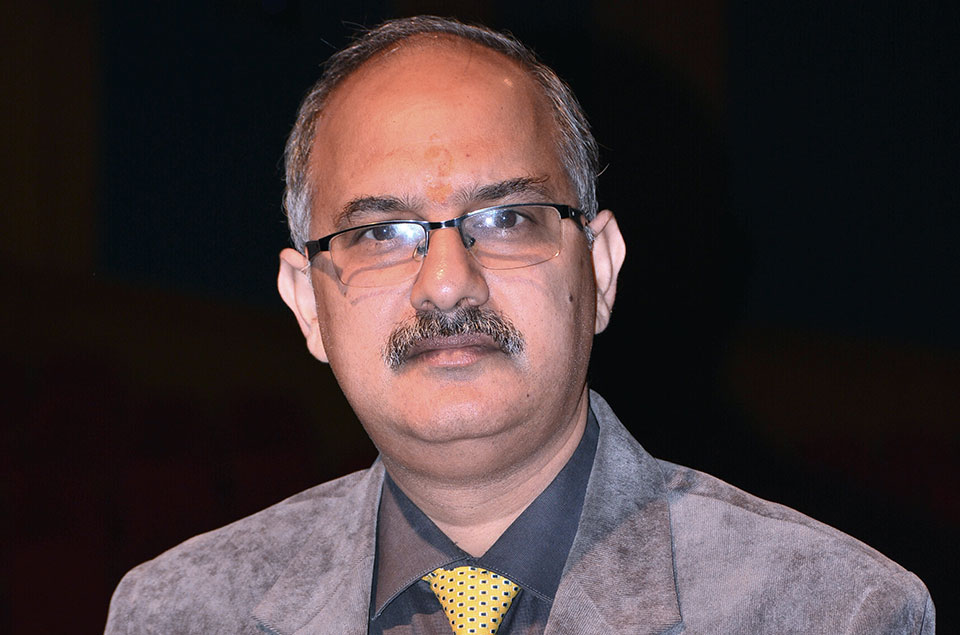Foresight and Strategy for Start-up Founders in Post COVID-19

There is a prevailing mindset among the start-up founders in their journey as to how fast they can make profits, implying, burning up money very fast. The business model of companies like Uber and Airbnb has been adopted by most start-ups. Have you too adapted or adopted one?
The path of unbridled growth, through debt or investor money has many gravestones with a long list, Kingfisher Airlines, Jet Airways, Stayzilla and Snapdeal etc. Growth was an overriding factor in their business model and like a blinkered horse, they pursued that objective irrespective of their surroundings. Acquisition of customers and thereby fast scaling had been the overriding strategy of start-ups rather than focusing on the bottom line. Acquiring customers means large marketing budgets with high burn rates.
The current pandemic Covid-19 has shown them a mirror and many start-ups are evaluating their cashflow. They were forced to dive into insights. This strategy should have been followed from the beginning and not waiting for a disruption like Covid-19. Until now, the hindsight was the progression for business trajectory. Today, the business environment of start-ups is full of VUCA, Volatile, Uncertain, Complex and Ambiguous, though this pandemic has magnified it. It requires a clear distinction of hindsight-insight and foresight combination.
The market failures of start-ups like Snapdeal, Stayzilla and Housing.com should have compelled introspection, both within the entrepreneurs and their funders. OYO is the latest example, which has drastically scaled back overseas expansion, making losses. Covid-19 has only exasperated the self-inflicted pain. The gross revenue jumped four-fold, but expenses jumped five-fold. The company attributed to this increase in losses due to the rise in operating expenses, expansion, heavy discounting and paying top dollars for senior hires. Too much funding, at times is as damaging as too little funding.
A massive funding from sources such as Softbank was brought in due to the OYO company’s rising valuation of $5 billion in 2018, a six-fold increase from 2017. The company had announced that the latest capital infusion will give it further ammunition to expand its footprint globally. However, the company laid off about 1,200 employees from its India team and about half of it from China in January 2020, much before Covid-19. Since this pandemic, the downhill journey has only accelerated. Both Oyo and its funder Softbank invited in trouble. Where did they go wrong, think?
Most failures are due to learning disabilities of founders, starting with first, a lack of all-round skills. The founders may possess outstanding technical abilities and great enthusiasm but have been found wanting in other skills such as financial acumen. Their inability to understand and anticipate cash flow is a major cause of failure.
The next concern has been fast scaling up without fully embedding the learning from the business model. Snapdeal wanted to overtake Flipkart within seven months while OYO wanted to open its IPO on a high valuation and thus its scorching international forays. In this case, the open pocketbooks of investors too are responsible for the debacle, which allowed fast expansion without adequate cash flow leading to fast cash burn and ultimate demise. Was there a narrowed thinking?
There is a widely accepted fallacy that young start-up founder is successful while research debunks it. It takes a worthy time to translate an idea with a touch of experience into a good business model. At 21 Steve Jobs created Apple computers but at 43 it was the turning point of creating an iMac. Professor Azoulay from MIT Sloan claims in his research that an average age of the entrepreneur to have started successful companies is 42 years old irrespective of the sector of business. By that age the founder has acquired many necessary skills such as domain knowledge, communication, negotiation, soft skills, marketing expertise and most important, financial acumen.
The Genome Report,, in another study, found that around ninety percent of the start-ups fail due to self-destruction. It could be as a result of bad choices and even lack of complete preparedness. It’s hard to accept the reason “bad luck” claimed by many entrepreneurs for their failures. It seems a skewed trade-off between choices in hand with fabled thinking.
The rate of change of the past is completely different from that of today, with fast transitions witnessed by speedier disruptions. It is clear that success in VUCA requires entrepreneurs must start slow and pause & learn at each milestone. There must be a greater degree of foresightedness. It is evident that majorly start-up failures are based on poor scaling strategy, too fast-too furious. Cashflow should be continuously monitored and cost control should be a priority. Leave fancy offices and campus perks to the likes of Microsoft and Facebook who are now only rolling in cash. People join start-ups for the challenge they offer and check whether you really need the high-cost hires?
There is no point of being carried away, minimise expansion, else shall runout of cash.The future requires that the entrepreneurs not only work with new technologies but also develop or use new tools, new frameworks, new mental maps leading to new business models. In this world of turbulence, we need a greater connect with hindsight-insight combination, cementing some solid grounds for foresight.
Written by Dr. Manoj Joshi. Have you read?
Most Influential Countries.
Most Forward-Thinking Countries.
Most Entrepreneurial Countries.
Best Countries For Cultural Heritage Influence.
Bring the best of the CEOWORLD magazine's global journalism to audiences in the United States and around the world. - Add CEOWORLD magazine to your Google News feed.
Follow CEOWORLD magazine headlines on: Google News, LinkedIn, Twitter, and Facebook.
Copyright 2025 The CEOWORLD magazine. All rights reserved. This material (and any extract from it) must not be copied, redistributed or placed on any website, without CEOWORLD magazine' prior written consent. For media queries, please contact: info@ceoworld.biz








